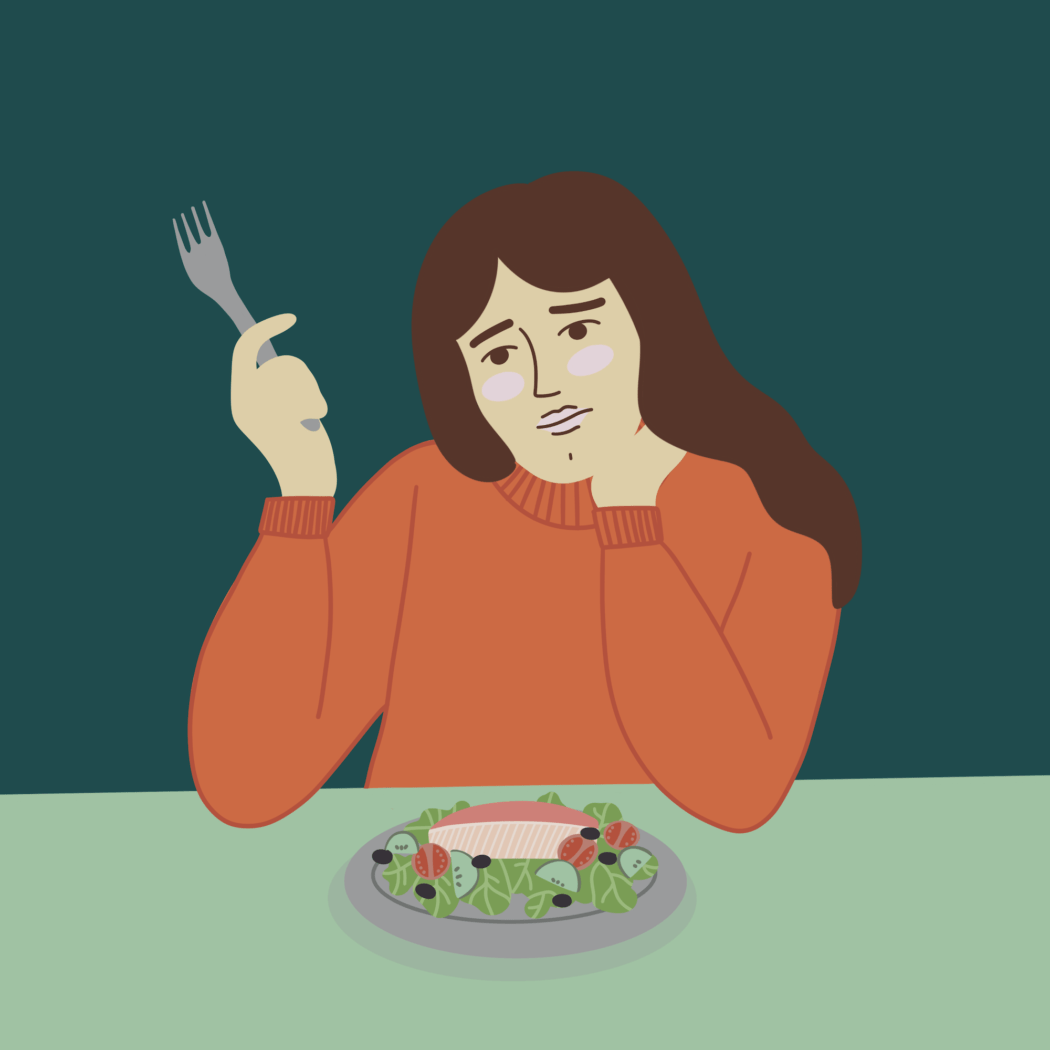Meet the nutrition MythBusters of USU
Dietetics students Garrett Linton and Janessa Lemon are spreading awareness about nutritional fallacies at Utah State University by hosting workshops at the ARC.
Lemon wanted to focus on nutrition myths in her practicum course presentation because of the widely accepted misinformation she found on social media.
“I feel like there’s a lot of influencers who are just saying like, ‘The most amount of protein that you can eat is best because that just means more protein is more muscle,’” Lemon said. “But that’s not true. It gets recommended from the American guidelines to eat like 25 grams per sitting.”
Lemon said the way people educate themselves about nutrition is important.
“The biggest message is just to make sure that — especially when it comes to nutrition — to be doing your own research and consulting with the professionals,” Lemon said. “Not trusting everything they see online and that they do their own research.”
According to Lemon, the dietetics major is useful to study because it is difficult to find the course material by looking it up.
“There’s so much that would come up as misinformation,” Lemon said. “Whereas from our professors and textbooks, it is all research-based principles.”
Lemon found hot-topic nutrition concerns on social media and researched those topics in peer-reviewed articles to investigate whether or not they were supported.
“I believe every healthcare professional should be a life coach in some way because you’re helping someone with their life and their health,” Lemon said. “But I feel like dietetics really embraces a holistic approach, so it really drew me in.”
Garrett Linton is studying to become a dietician to help people have a healthy relationship with food.
“I think a lot of people nowadays are like, almost scared to eat because they’re scared to gain weight,” Linton said in a virtual interview. “Being able to share both my love for food and also help people learn that eating is good for you is something that I was really interested in.”
In their workshops, Lemon and Linton discussed various common nutrition myths that can be harmful when trusted.
“Skipping meals is generally not considered healthy,” Linton said. “It will actually slow down your metabolism.”
Other myth topics included losing weight, carbs and sugar in fruit.
“We also talked about the idea of honey being healthier than sugar,” Linton said. “however, honey is pretty much the exact same thing, and it’s processed in our bodies the exact same.”
According to Linton, there is an important difference between a nutritionist and a dietician.
“Dietetics has a required master’s program, and you have to take an exam to be certified as a dietician,” Linton said. “Whereas you can actually just like, go online and get a quick certification to be called a nutritionist.”
Linton said because of this, people don’t always know who to get the proper health information from.
“I think education is super important. And I think there’s kind of two sides of the same coin because everyone is their own personal expert,” Lemon said. “But they’re not like an expert on nutrition for everyone.”
Lemon is excited to become a specialist in nutrition and be able to help those who are confused by misinformation.
“As a dietician — well one day, when I’m a dietician — to actually be like a nutrition professional, to actually be able to give recommendations and know that evidence-based research,” Lemon said. “I love dietetics because it’s the perfect intersection of motivational interviewing and counseling and being a healthcare professional.”
Information about other nutrition workshops like this one can be found at usu.edu/campusrec/nutrition

